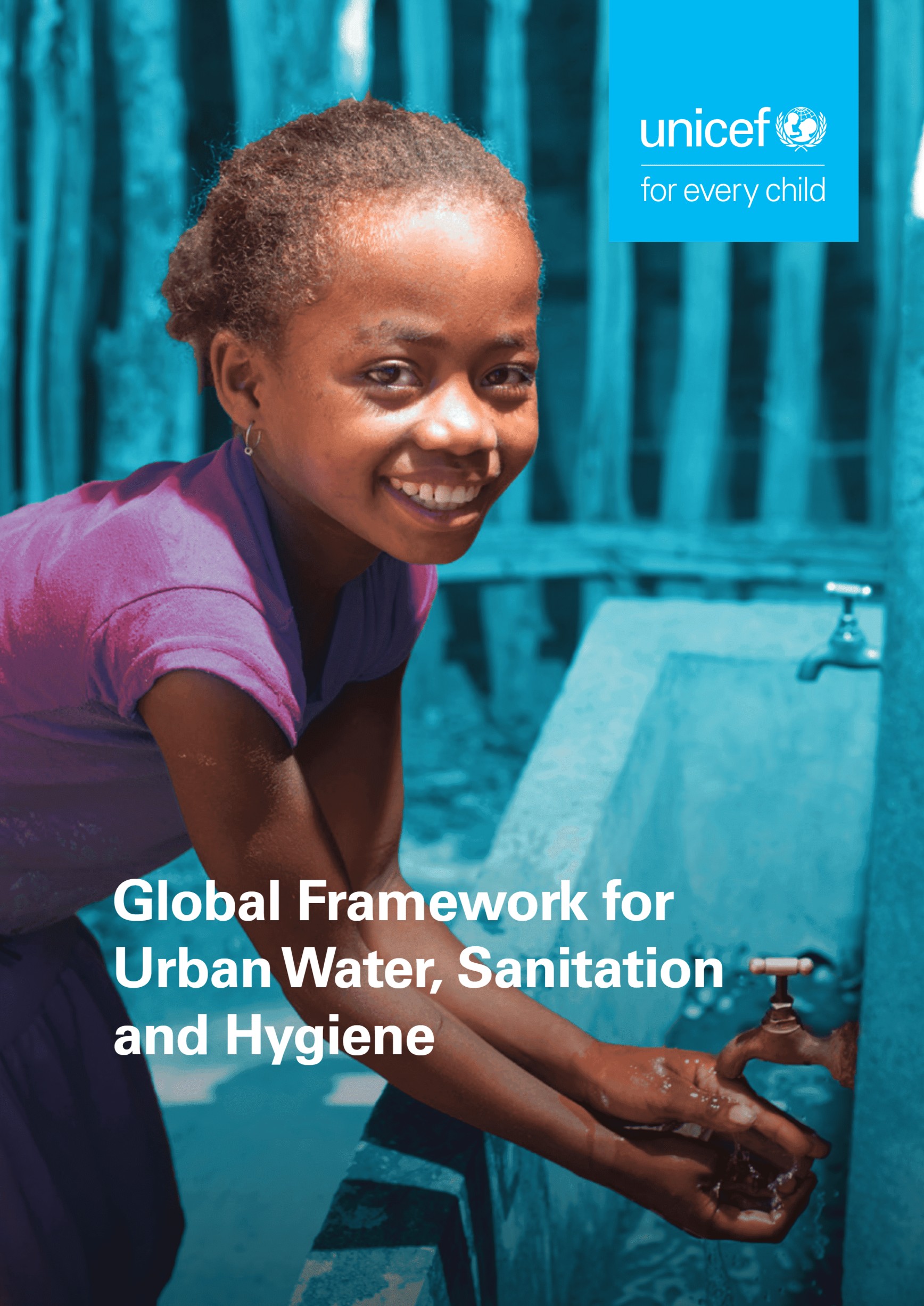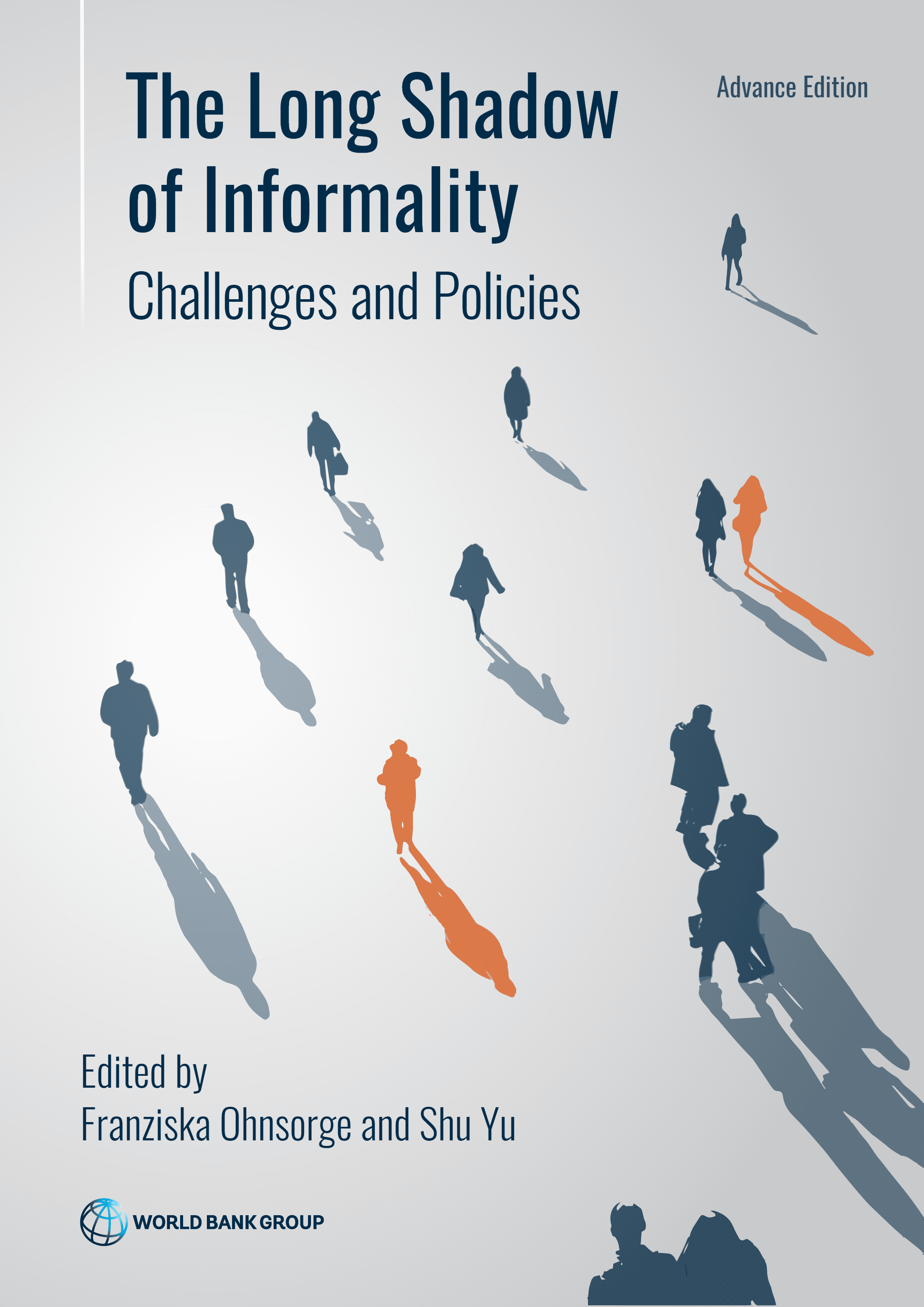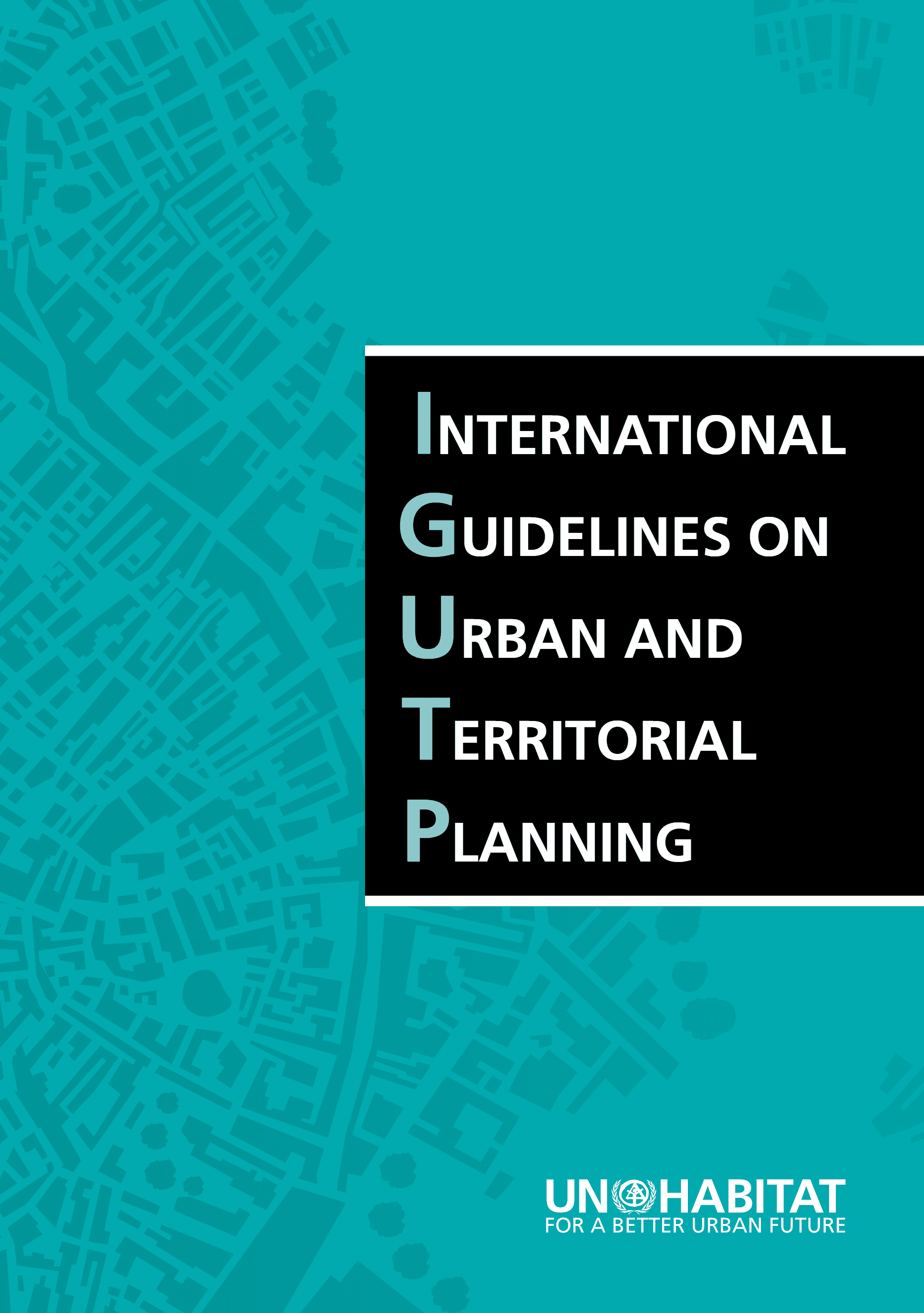- Who We Are
- How We Work
- Regional / Country Initiatives
- Legacy
- Core Themes
- Working Groups
- Portfolio & Results
- Newsroom
- Resources
Global Framework for Urban Water and Sanitation

Global Framework for Urban Water, Sanitation and Hygiene
The world is rapidly urbanising, swelling impoverished urban settlement populations – exacerbating exclusion and inequality in access to WASH services for the poorest and most marginalised children and their families. As of 2018 an estimated 4.2 billion people, or 55 per cent of the global population, were living in urban areas. A third of them were children, and about 300 million of these children were living in slums – the worst form of informal settlement.
The need for an increased focus on urban WASH is driven by this increasing number of vulnerable children and their families living in poor urban environments across the world: deep and profound inequalities within urban areas mean that many children living in slums and other impoverished urban settlements are being deprived of their right to water and sanitation, with serious implications on their survival, growth and development.
UNICEF’s Global Framework for Urban WASH creates a common vision for UNICEF’s approach to urban WASH programming: it will enable country, regional and global WASH teams to have a clear and shared sense of direction and purpose, as the organisation increases its engagement supporting the most marginalised urban children and their families.
The Framework is based on UNICEF’s experiences in urban WASH programming in over 50 countries. It is structured around three areas of support: sector-level, service-level and user-level support, with suggested entry points and activities for engagement in urban WASH. The Framework also considers three different urban contexts: urban slums, small towns and urban areas in humanitarian and protracted crisis settings, focusing on areas where UNICEF can add value, in line with the organisation’s equity agenda.


